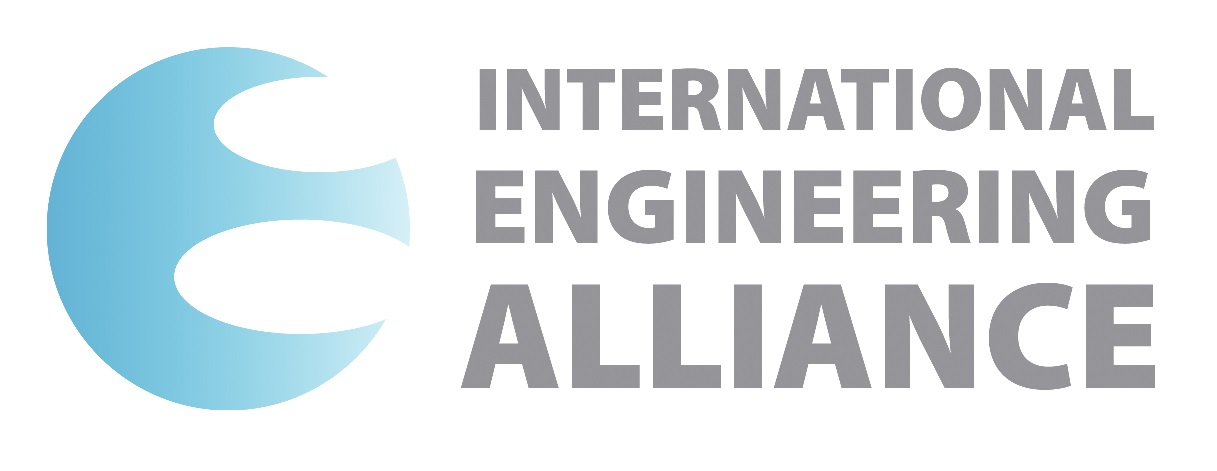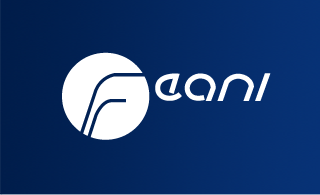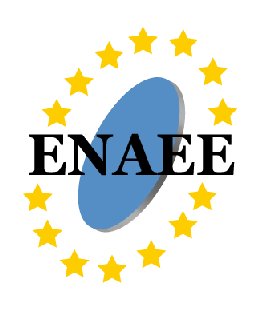Engineering Council




Engineering is a highly mobile profession. Therefore, Engineering Council registration is open to anyone who can demonstrate that they meet the UK Standard of Professional Engineering Competence (UK-SPEC), regardless of nationality or location.
The aim of our international activity is to ensure that Engineering Council standards are globally recognized and facilitate the international mobility of engineering professionals.
To fulfil this aim we are:
- The UK partner in the International Engineering Alliance (IEA), the European Federation of National Engineering Associations (FEANI) and the European Network for the Accreditation of Engineering Education (ENAEE)
- The UK signatory to international engineering education agreements known as the Dublin Accord, Sydney Accord and Washington Accord
- The holder of the UK Section of the International Registers of Professional Engineers (IntPE), Engineering Technologists (IntET) and Engineering Technicians (IntETn)
- The UK National Member of FEANI, responsible for:
- Receiving applications for European Engineer (EUR ING) registration
- Submitting accredited engineering programmes to the European Engineering Education Database (EEED, previously the FEANI INDEX)
- The UK’s authorised agency for award of the EUR-ACE® label to accredited first and second cycle engineering education programmes.
There are numerous national, regional and international engineering organisations. The Engineering Council has relationships with many of these, either directly or indirectly through the professional engineering institutions and other partner organisations.
The Engineering Council has been working to understand and establish the potential consequences of Brexit on the recognition of professional registration in the EU.
For more information please see the links below:
Access to practise in the UK
The engineering profession in the UK is self-regulated through the use of the legally protected titles Engineering Technician (EngTech), Incorporated Engineer (IEng), Chartered Engineer (CEng) and Information and Communications Technology Technician (ICTTech)
… (Read more)
European Recognition
Directive 2005/36 states that engineers and technicians who are professionally registered with the Engineering Council can be recognised across the EU and the EEA
… (Read more)
International Recognition outside Europe
As a member of the International Engineering Alliance (IEA) the Engineering Council is party to several agreements that facilitate international recognition of its standards for education and competence
… (Read more)
International Engineering Education Accords
A key benefit for holders of Engineering Council accredited academic qualifications is that the quality of these engineering education programmes is widely recognised by the rest of the world through a number of Engineering Education Accords
… (Read more)
International Relationships Map
For information about the Engineering Council’s partners and other professional engineering registers around the world, see our interactive map
… (Read more)
International Activity FAQs
If you have further questions about our international activity visit this section of our website to see if your question has been answered
… (Read more)
